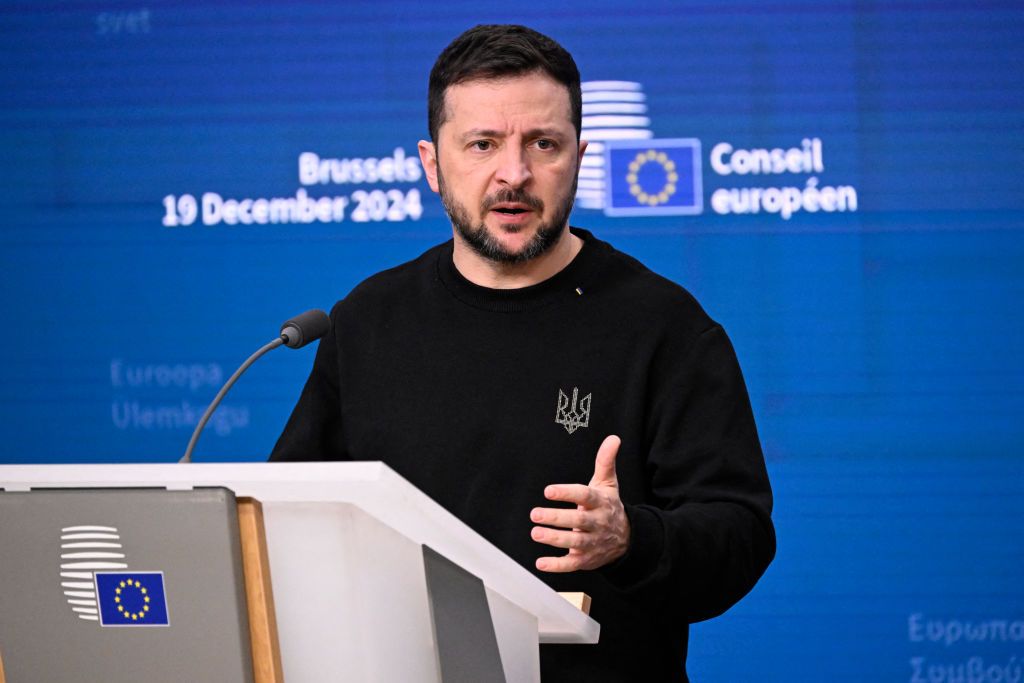President Zelensky celebrated Ukraine’s decision to terminate Russian gas transit through its territory, calling it a major defeat for Moscow. The agreement was not extended due to Ukraine’s unwillingness to finance Russia’s war. Zelensky highlighted the transformation in the energy market, with the transit of Russian gas now at zero, indicating a significant blow to Russia’s influence. He expressed confidence in U.S. gas supplies and other partners to provide favorable energy market prices and reduce European dependence on Russia. Zelensky emphasized the need to support Moldova, which remains dependent on Russian supplies, in its energy transformation.
Despite Ukraine’s move, Hungarian Prime Minister Viktor Orban and Slovak counterpart Robert Fico have opposed the decision, maintaining close ties with Russian President Putin. Fico warned of potential consequences for the European Union, especially in relation to rising gas and electricity prices. Slovakia and Hungary continue to rely on Russian gas, with Slovakia estimating additional fees of 220 million euros for alternative arrangements. Orban and Fico’s support for Russia contradicts the EU’s efforts to reduce dependency on Russian fossil fuels following the invasion of Ukraine. The situation highlights the division within the EU regarding energy policies and relations with Russia.
Russian President Putin has doubled the federal signing-on bonus for contract soldiers, reflecting the country’s focus on military recruitment. The significant increase in bonuses, surpassing the average monthly wage, aims to attract more soldiers to the military. Regional governments are also expected to provide further bonuses, demonstrating the importance of financial incentives in Russia’s military strategy. The move underscores Putin’s prioritization of military capabilities and recruitment efforts, despite facing economic challenges and uncertainty. The reliance on financial incentives to boost military recruitment raises concerns about Russia’s militarization and its impact on society.
The termination of Russian gas transit through Ukraine marks a significant shift in the energy dynamics of Europe. As Ukraine asserts its independence and takes a stand against financing Russia’s war, the region grapples with the implications of reduced Russian influence. President Zelensky’s confidence in alternative energy sources and partners reflects a broader trend towards diversifying energy supplies and reducing dependency on Russia. However, the resistance from countries like Hungary and Slovakia underscores the complexity of balancing energy security, political alliances, and economic considerations within the EU. The divergent views on Russia’s role in the energy sector highlight the ongoing challenges in creating a unified energy policy in Europe.
The efforts to reduce dependency on Russian fossil fuels come amid ongoing tensions between Russia and Ukraine, with the conflict impacting various aspects of European energy security. The competition over energy resources and transit routes underscores the geopolitical significance of the region and the broader implications for European stability. President Zelensky’s call for support for Moldova and the emphasis on transparent energy policies reflect the push towards greater energy independence and resilience within the region. The shift away from Russian gas transit represents a symbolic victory for Ukraine and a potential turning point in the energy landscape of Europe, with implications for regional security and economic relations. The interplay between politics, economics, and security in the energy sector underscores the complexities of navigating energy transitions in a geopolitically sensitive environment.















